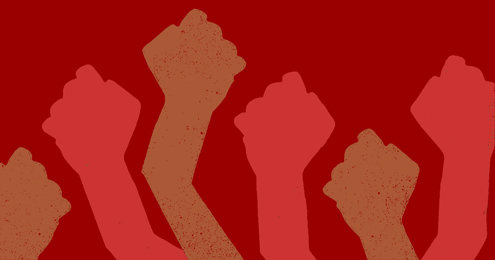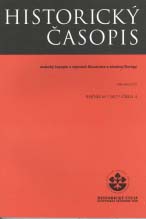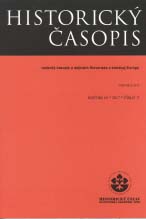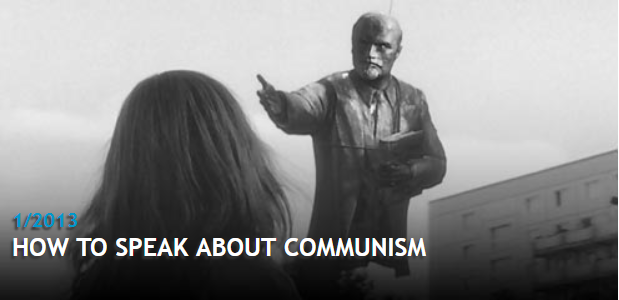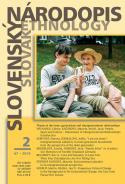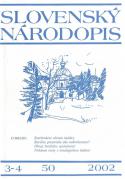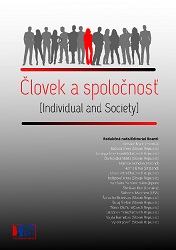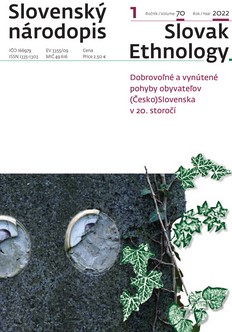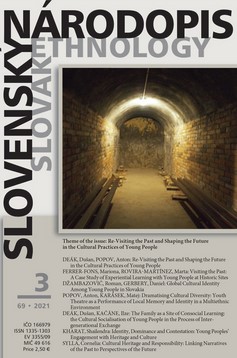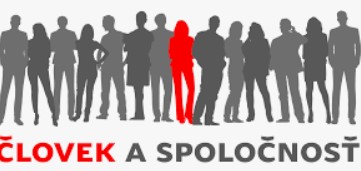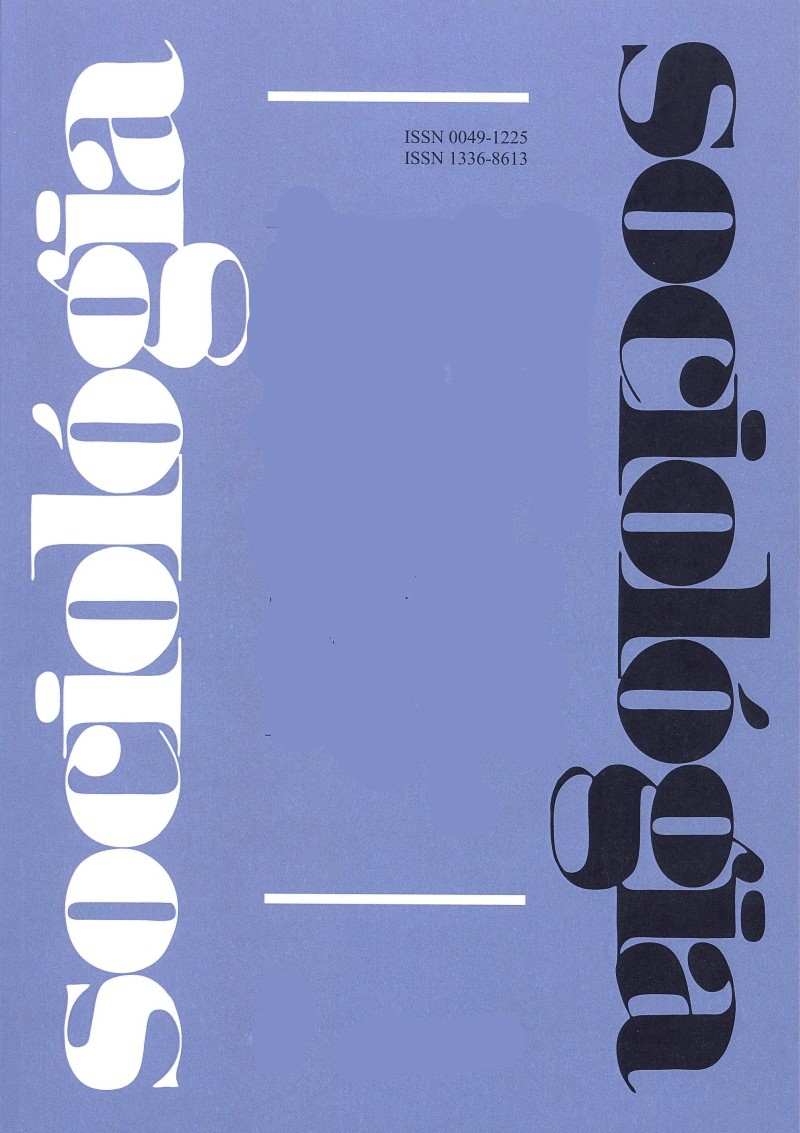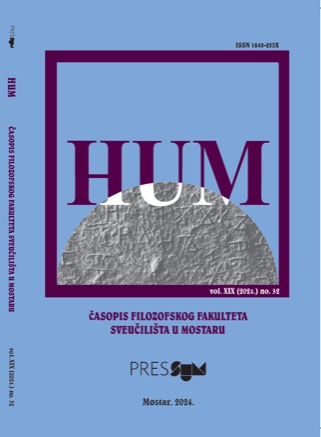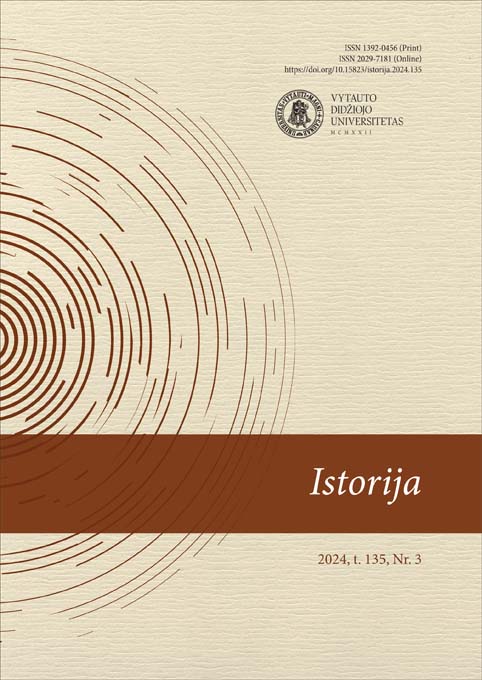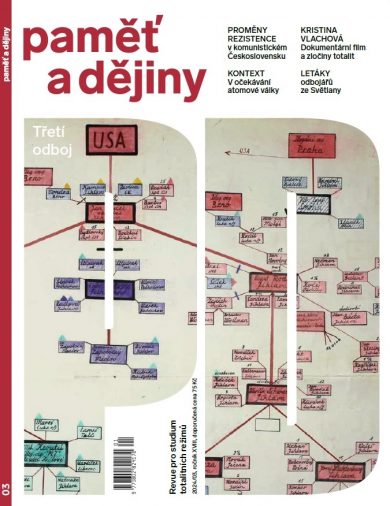Author(s): Aneta Nisiobęcka / Language(s): English
Issue: 2/2022
Background: The return of Poles from France and Belgium was one of the most significant migratory movements in the post-war history of Poland. From the end of military operations in 1945, the communist authorities of Poland began to appeal to Poles residing in France and Belgium to return to their homeland. Objectives: The aim of this article is to show, from the perspective of the Dąbek, Pawlik and Szotek families, how those returning from France and Belgium met with the realities of communist Poland. A common denominator among these three families is not only the longing for their home country, but also their decision to return under the influence of propaganda, and then a very perceptible feeling of “otherness” on their return to their home country. Experiences tied to making the decision to return to the homeland and adapting again, was something that many migrants went through in history. The particularities of oral history sources depend on giving priority to “silent” social groups: migrants, peasants, and workers. Their testimonies pass on the meaning of the event to the interviewer, not information about it, therefore, in their fundamental function they supply additional material from which a historian can compose the structures of historical meaning. The starting point for consideration is 1945, when, Aniela Szotek decided to return to Poland with her children. 1975 marks the ending point, when the elders of the Dąbek family decided to leave Poland forever. The longing played the most important role in the decision made by Alina Szotek. In turn, the Dąbek, Kulis and Pawlik families decided to return from France, influenced by campaigning from the Polish community organizations there, as well as assurances from acquaintances about the then conditions in Poland. The returnees considered conditions in Poland to be primitive and difficult. It is no wonder that they were overcome with feelings of hopelessness and regret at the decision to return to Poland. They experienced “civilizational shock,” they were hurt by unjustified aversion and hostility from other Poles, but also due to the fact that other Poles were jealous of them as ‘wealthy’ individuals. Moreover, an inadequate knowledge of Polish and worse living conditions, and the increasingly – as felt by “Frenchmen” (as those who came from France and Belgium were called) – tense Polish-French relations and the growing “spy-mania” hysteria also did nothing to ease their adaptation process. Conclusion: The feelings of “otherness” and “strangeness” through their stay on French and Belgian soil turned out to be strong enough upon their return to prevent their integration into the culture of their native country. In coming to Belgium or northern France they were called “Poles,” but upon their return, they were called “Frenchmen” by their compratiots.
More...
